Online
Pipe cap
Pipe caps (also called pipe caps or pipe plugging caps) are a type of sealing device in a pipeline system, mainly used for closing the end of a pipeline or temporarily plugging it. It can effectively seal the pipeline opening, prevent external pollutants from entering the interior of the pipeline, and prevent leakage of media in the pipeline. Pipe caps are widely used in industries such as petroleum, natural gas, chemicals, electric power, and metallurgy, and are often used in pipeline construction, maintenance, pressure testing, storage, and transportation. Pipe caps are usually designed to be closed and can be installed by welding, flange connection, threaded connection, etc. to ensure the tightness of the pipeline system after closure. The shape of the pipe cap can be round, spherical, elliptical, etc. The specific shape and size are customized according to the pipeline specifications and usage requirements.
Phone
+86 15733710333
info@global-flange.com
WhatsApp / WeChat
+86 15733710333
Related Products
List
1. Product features:
Powerful sealing function:
The pipe cap can effectively close the opening of the pipeline, prevent external substances from entering the pipeline, and ensure the safety and stability of the medium in the pipeline.
High sealing:
The pipe cap uses high-strength materials, and can provide very high sealing after connecting the pipe to the pipeline to avoid medium leakage.
Wide selection of materials:
The pipe cap can choose suitable materials according to different use environments. Common materials include carbon steel, stainless steel, alloy steel, cast steel, etc., which can meet various working conditions.
Multiple connection methods:
The pipe cap has various connection methods. Welding, flange connection, threaded connection and other methods can be selected according to actual needs to ensure convenient and firm installation.
High pressure and high temperature resistance:
It is suitable for high pressure and high temperature working environment to ensure the safe operation of the pipeline system under harsh conditions.
Strong corrosion resistance:
For media susceptible to corrosion, the pipe cap can choose materials with strong corrosion resistance to ensure long-term use in chemical environments.
Customizable:
The size, thickness, material, shape, etc. of the pipe cap can be customized according to customer requirements to meet the needs of specific working environments.
2. Technical parameters:
| Material | Carbon steel, stainless steel, alloy steel, cast steel, etc. |
| Specification | DN15 ~ DN1200 (1/2" ~ 48"), can be customized according to customer requirements |
| Pressure level | PN6 ~ PN250 (select according to material and working conditions) |
| Connection | Welding, threaded connection, flange connection, etc. |
| Temperature range | -50°C ~ 450°C (depending on the material and working environment) |
| standard | Comply with international standards such as GB, ANSI, DIN, JIS, etc. |
| shape | Round, spherical, oval, etc. |
3. Application areas:
Petroleum and natural gas industry:
In the pipeline system of oil and natural gas, pipe caps are used to close the opening of the pipeline to prevent pollutants from entering the pipeline and ensure the safety of pipeline transportation.
Chemical industry:
In chemical pipelines, pipe caps are used to close the end of the pipeline to prevent the leakage or entry of corrosive media and protect the chemical environment inside the pipeline.
Power industry:
In the steam pipeline, cooling water pipeline and other systems of power plants, pipe caps are used to temporarily block or close the pipeline interface to ensure the safety during pipeline maintenance.
Metallurgical industry:
In metallurgical pipeline systems, pipe caps are used to seal high-temperature and high-pressure pipelines to ensure that no leakage accidents occur during system operation.
Pharmaceutical industry:
In the pipeline system of pharmaceutical factories, pipe caps are used to seal the pipeline interface or end to prevent external pollution sources from entering and ensure product quality.
Construction industry:
In the building water supply and drainage system, pipe caps are used to seal the pipeline interface to avoid the leakage of water or other substances during construction.
Municipal pipelines:
In municipal water supply and drainage systems, pipe caps are used to seal the end of the pipeline or temporarily block during maintenance to ensure smooth water flow.
4. Advantages:
Excellent sealing:
Using high-quality materials and precision manufacturing processes, the pipe cap provides excellent sealing effect and effectively prevents leakage.
High temperature and high pressure resistance:
It is suitable for high temperature and high pressure working environment, with excellent high pressure resistance and high temperature resistance, meeting the requirements of harsh working conditions.
Long service life:
The selection and design of materials make the pipe cap have a long service life and can be used for a long time in a variety of harsh environments.
Simple installation:
The installation method of the pipe cap is flexible, and welding, threading or flange connection is very convenient, which is convenient for quick installation on site.
Strong corrosion resistance:
By selecting corrosion-resistant materials or surface treatment processes, the pipe cap can be used for a long time in a corrosive medium environment to avoid rust and corrosion problems.
Customizable:
According to actual needs, the pipe cap can be customized in different sizes, thicknesses, materials and shapes to meet the needs of different pipeline systems.
Quality assurance:
All pipe cap products are designed and produced in strict accordance with international and industry standards, and undergo strict quality inspections to ensure the reliability and durability of each pipe cap in use. Pressure test, dimensional accuracy test and corrosion resistance test will be carried out before leaving the factory to ensure that it meets customer requirements.
5. Packaging and transportation:
Packaging: According to the size and quantity of the pipe caps, protective packaging methods such as wooden boxes, pallets, bubble films, etc. are usually used to ensure that the products are not damaged during transportation.
Transportation: We provide a variety of transportation methods such as sea transportation, air transportation, and land transportation to ensure on-time delivery according to customer needs.
6. Precautions:
Inspect before installation: Before installing the pipe cap, check whether the pipe interface is clean and ensure that the installation surface is flat to avoid affecting the sealing effect.
Installation requirements: When installing the pipe cap, ensure that it is firmly connected to the pipeline, and the bolts or welding should be tightened in place to avoid sealing failure due to looseness.
Pressure range: Select a pipe cap suitable for the pressure level according to the use pressure of the pipeline to avoid safety hazards caused by exceeding the use range.
Regular inspection: During use, regularly check the connection between the pipe cap and the pipeline to ensure sealing and stability and prevent leakage.
Production Process
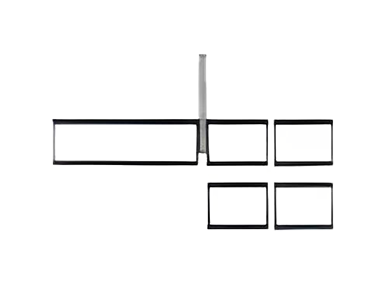
Material Cutting
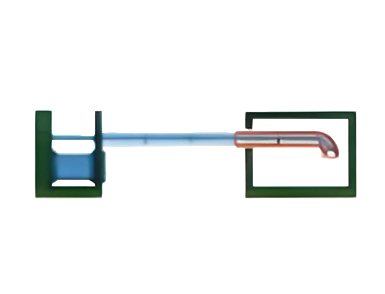
Medium Frequency Heat Forming
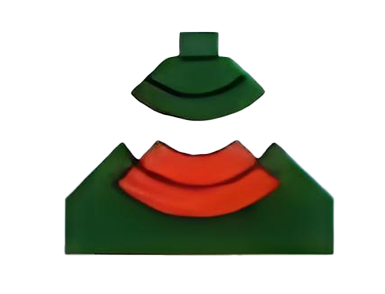
Calibration

Heat Treatment

Final Processing
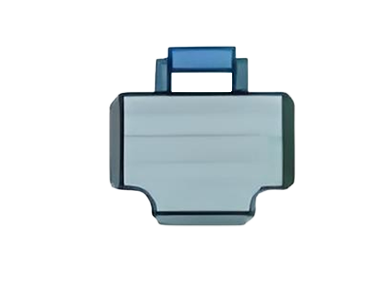
Non-destructive Testing

Surface Treatment
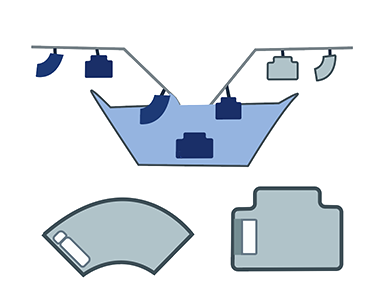
Coating and Marking
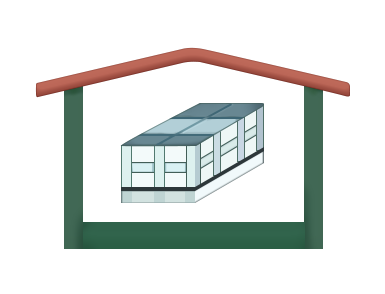
Packaging and Delivery




















